Oil is the lifeblood of car, truck, and motorbike engines. Perhaps more importantly oil keeps industries running by protecting the equipment needed to produce the products we need in our daily lives. Whether in an automobile engine, or in industrial machinery, oil picks up a lot of contaminants which can cause enormous damage as it passes through. Oil filtration is the partial removal of these harmful solid particles from this critical liquid through a filter material. Read More…
Our company is the filtering systems expert. We know everything there is to know about filtering liquids and oils for many industries ranging from the petrochemical industry to waste water management. It is our goal to provide customized solutions that you can trust and rely on every day. You will find that our attention to detail and superior service can help you in multiple ways. Contact us to...

Hydraulic filtering systems are used in construction machinery, agricultural machinery and mechanical handling. MPI Filtri has more than 40 years of experience in filtering systems and industrial filtration. We offer suction filters, return filters, pressure filters and spin-on filters.

We have been at our present factory location for over twenty years and are recognized as one of the prime producers of anthracite media in the world. We produce nearly 300 specifications of Anthrafilt, most between .60 and 1.80mm.

Filtertech is an international producer of liquid filtration and waste disposal systems for industrial coolant applications including wire drawing, aluminum and steel rolling, machining, grinding, process water applications such as CV water, caster water, vibratory applications and optical lens generating. Filtertech provides complete turnkey filtration and waste treatment systems utilizing its...

PurAqua is a leader in water cleanliness products for industrial applications and commercial pools. If you are looking for chemical feed systems (Accu-Tab / PPG), controllers (Chemtrol / CAL) or filtering systems, you came to the right place. PurAqua Products is proud to be a leading supplier of commercial chlorinator and aquatics pool replacements parts. For commercial pool feed systems, parts...

More Oil Filtration Manufacturers
Industrial systems for filtering oil typically employ multistage filtration with coarse and fine filters. Oil picks up a lot of contaminants as it passes through manufacturing equipment and industrial oil filtration systems must be used to protect machinery. Dirt and other potentially-damaging matter have the ability to damage both this machinery and the company relying on it.

Types of Oil Filtration
Centrifuge Filtration
Centrifuge oil filtration works while machinery is still running by monitoring its oil pressure. Based on its pressure at an oil inlet valve, a centrifuge oil filter begins to spin. The ensuing gravitational force pushes any particles toward the wall of the centrifuge bowl, while the cleaned oil returns to the machinery. Contaminants accumulated inside the centrifuge bowl are then routinely taken out by hand when the centrifuge oil filter is cleaned.

The removal of the hydraulic or lubricating oil contamination particles by a centrifuge oil filter does not rely on a filtration medium because it is not a barrier-type filtration device. The centrifugal force of the centrifuge oil filter eliminates particles according to their relative density, unlike a barrier media bypass filter, which only removes contaminant particles larger than the filter’s pore size.
In addition to increasing engine reliability, centrifugal force offers a way to remove smaller-sized impurities that contribute to engine wear since contaminants are filtered based on their density rather than by their size. However, a particle must be denser than the flowing oil in order to be captured by a centrifuge oil filter.
Vacuum Dehydration
In a nutshell the vacuum dehydration oil filtration process heats up oil to a point where its integrity doesn’t break down, but water and other contaminants within it become steam. This steam is then suctioned away from the purified oil by a vacuum device. A vacuum dehydration oil filtration system efficiently removes contaminants such as free, emulsified, and dissolved water as well as particle and gaseous contamination from fluids with petroleum and synthetic oil-base materials. Even when tightly bound in an emulsion, this system will consistently remove water well below oil’s saturation point.

As part of the process, a circulation heater raises the oil/water liquid temperature to about 150°F (66°C) inside the device, which causes any water to flash steam from the oil and it is drawn into the system by a vacuum pump. The purified oil is then forced through the vacuum tower's permanent dispersion media (PDM). Since water's boiling point is lower than the fluid's temperature of 150°F in that vacuum, water, and dissolved gases are "boiled off," effectively “dehydrating,” or removing water, from the oil. The cleaned oil is then pumped back into a reservoir by an oil discharge pump from the vacuum chamber's bottom.
Bypass Filtration
As the name suggests, bypass filtration is a secondary process used in conjunction with full-flow filtration. This filtration process is used to remove smaller contaminants not caught through full-flow filtration. The procedure works by taking 5% to 10% of the oil flowing to an engine on a “partial-flow” basis where it is filtered further through a more-efficient bypass filter. Bypass filters feature a large pressure differential, which makes the oil flow through them slowly and enabling the removal of soot and other tiny impurities not caught originally.

Full-Flow Filtration
A full-flow system will feature a pump that distributes the oil from a filter to the engine bearings, after which the oil returns by gravity to the sump catch basin. For a dry sump engine, a second pump evacuates the oil that has reached the sump to a distant oil tank.
The full-flow filter's job is to guard against abrasion-related engine wear. Full-flow filters are the most-common type of oil filter used to catch and clean oil before it's circulated into an engine. Full-flow filters are crucial for engine protection because they must be able to capture and hold harmful impurities while having enough holding-capacity to only require maintenance at specific service intervals. As just discussed, a bypass filter may also be used in conjunction with a full-flow filter.
Benefits of Oil Filtration
- From a cost perspective, it is less expensive to regularly filter oil so it can be used for a longer period of time instead of replacing it more frequently.
- Oil filtration allows machinery to operate more efficiently.
- Oil filtration produces cleaner oil, thereby reducing damage to equipment and ensuring its lifespan will be significantly increased.
- Nowadays, everyone is environmentally-conscious. Using oil filters can help decrease the negative impacts of otherwise disposed-of oil on the environment.
Choosing the Right Oil Filtration Equipment Manufacturer
To ensure the most beneficial outcome when purchasing oil filtration equipment from an oil filtration equipment manufacturer, it is important to compare several companies using our directory of oil filtration equipment manufacturers. Each oil filtration equipment manufacturer has a business profile page highlighting their areas of experience and capabilities, and a contact form to directly communicate with the manufacturer for more information or request a quote. Review each oil filtration equipment business website using our patented website previewer to quickly learn what each company specializes in. Then, use our simple RFQ form to contact multiple oil filtration equipment companies with the same form.






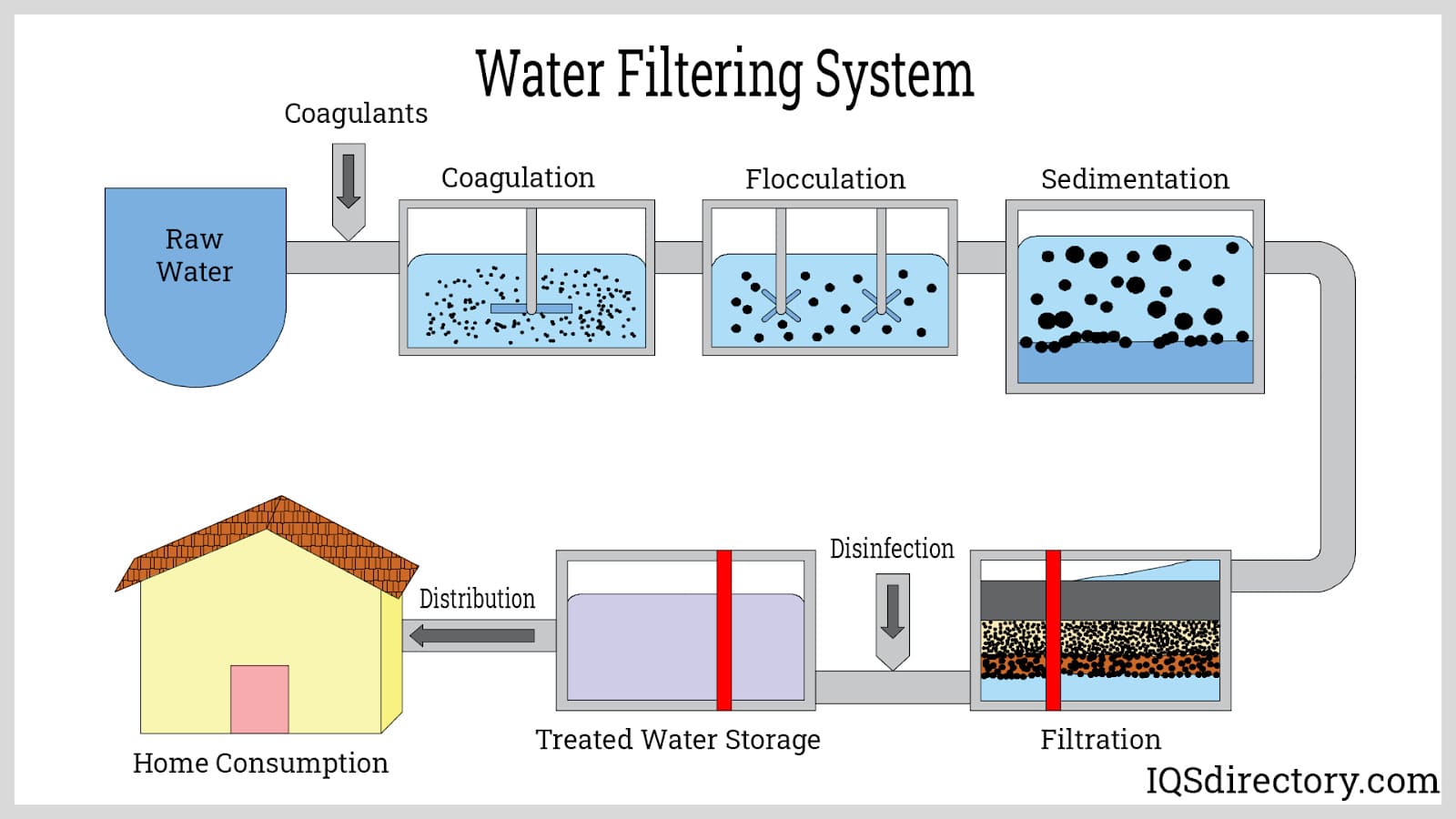
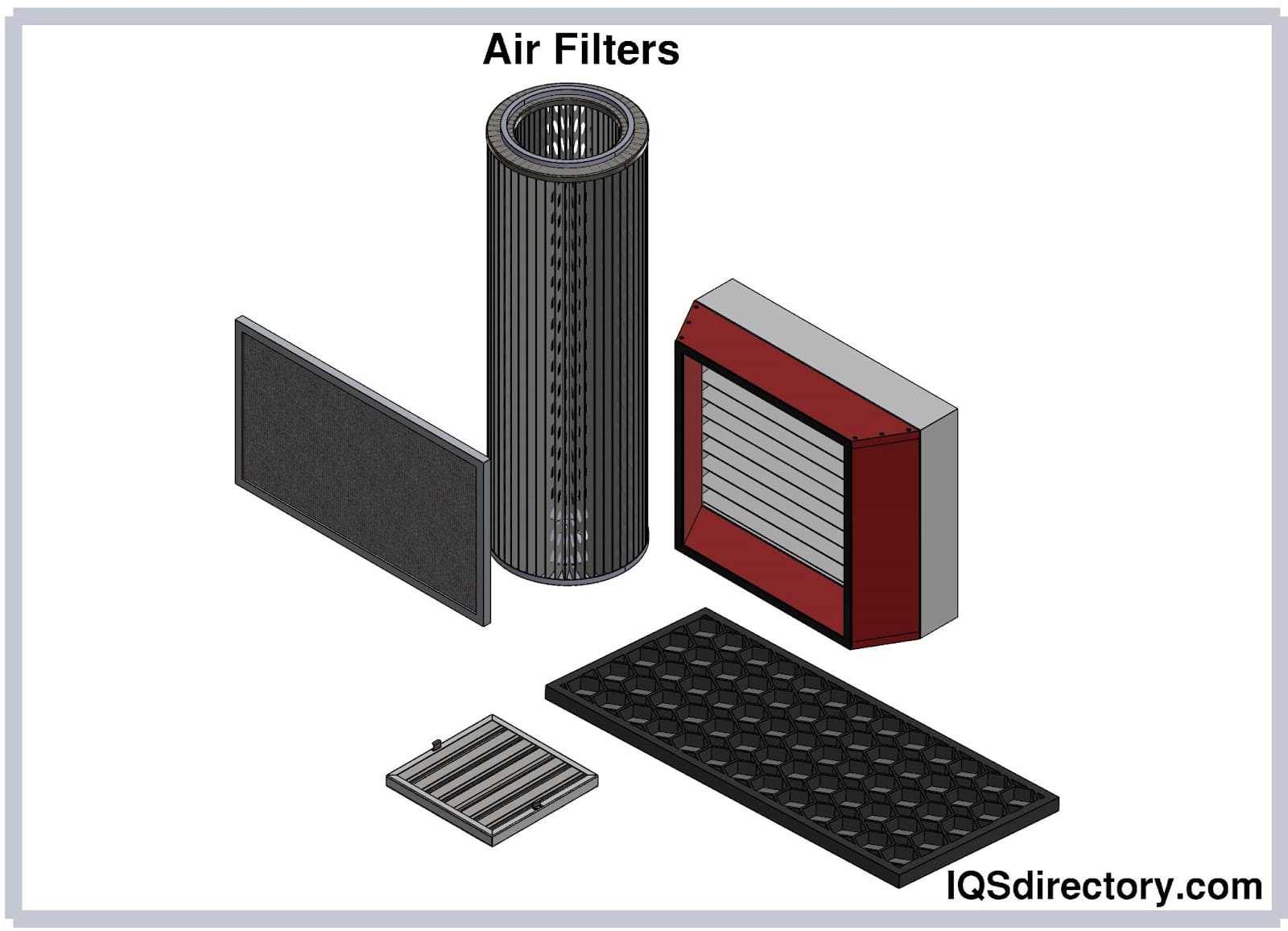
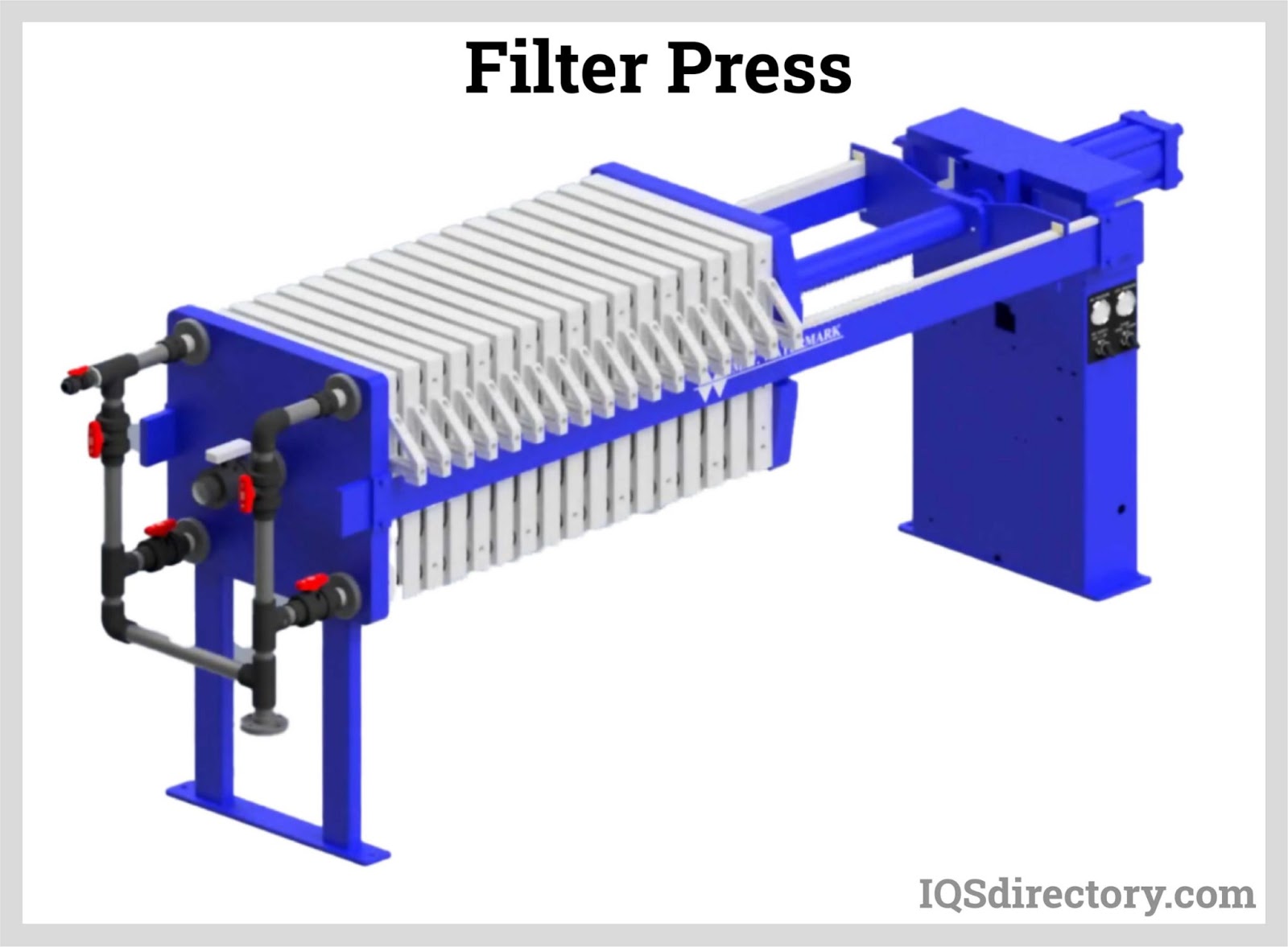
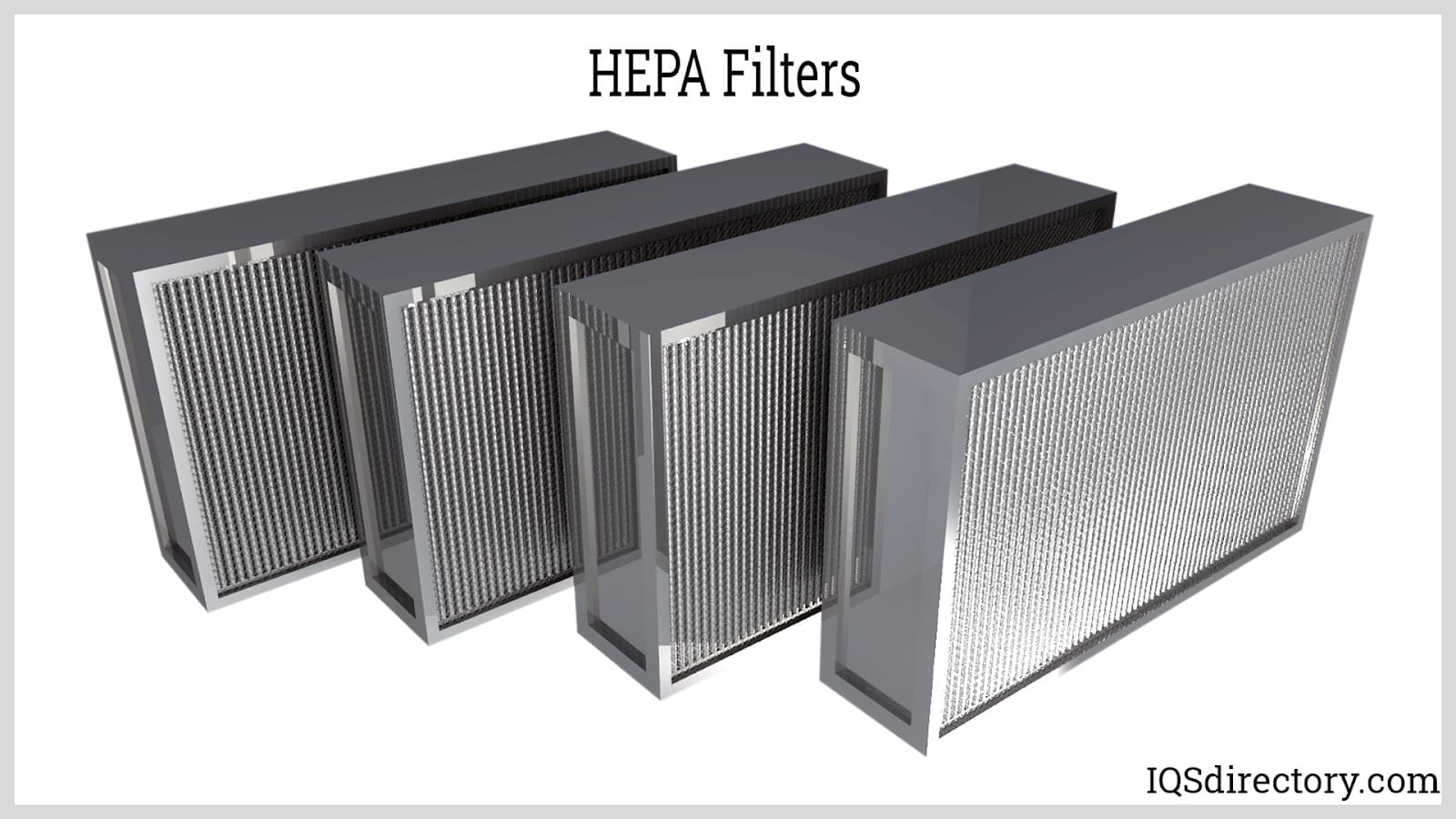
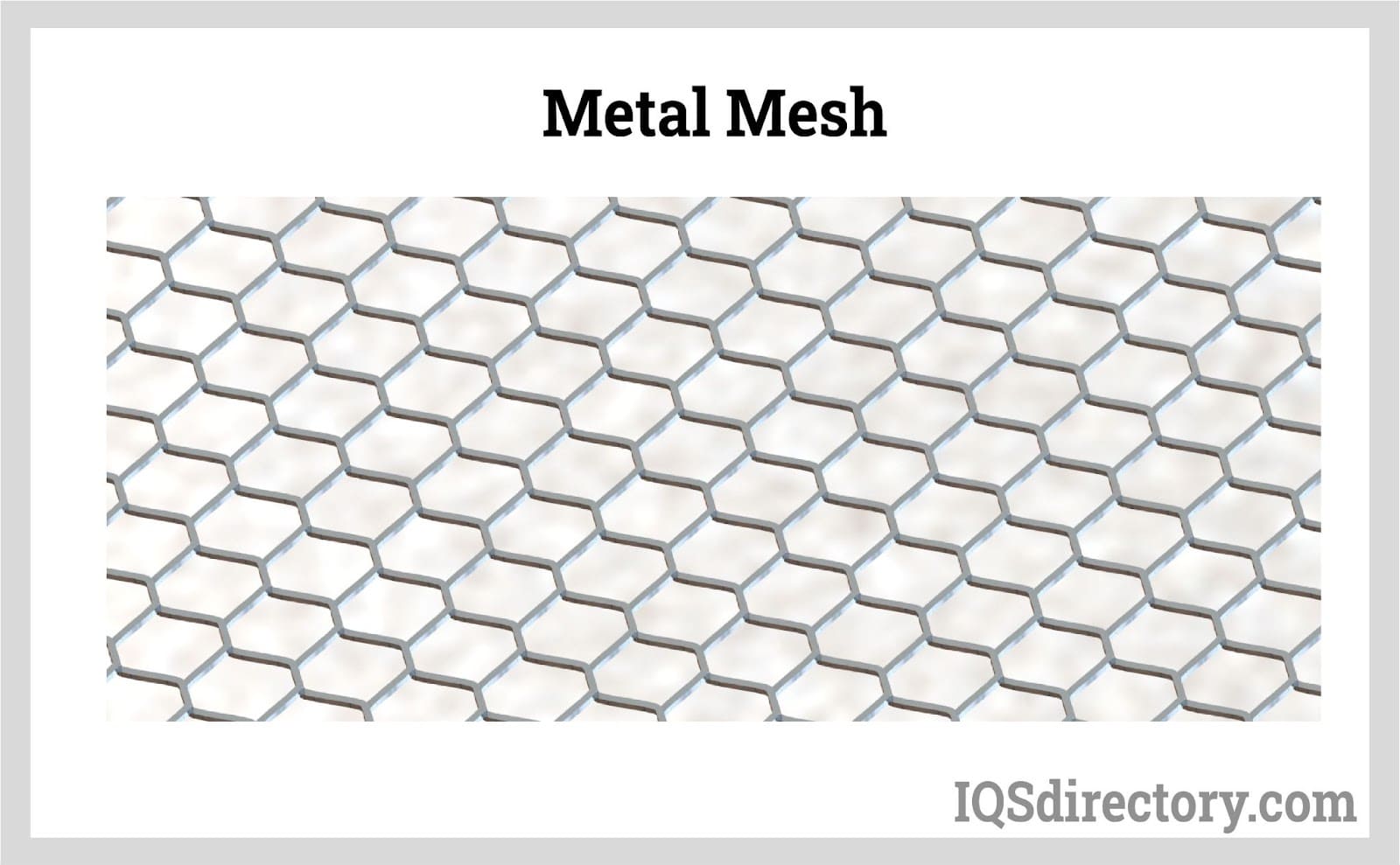
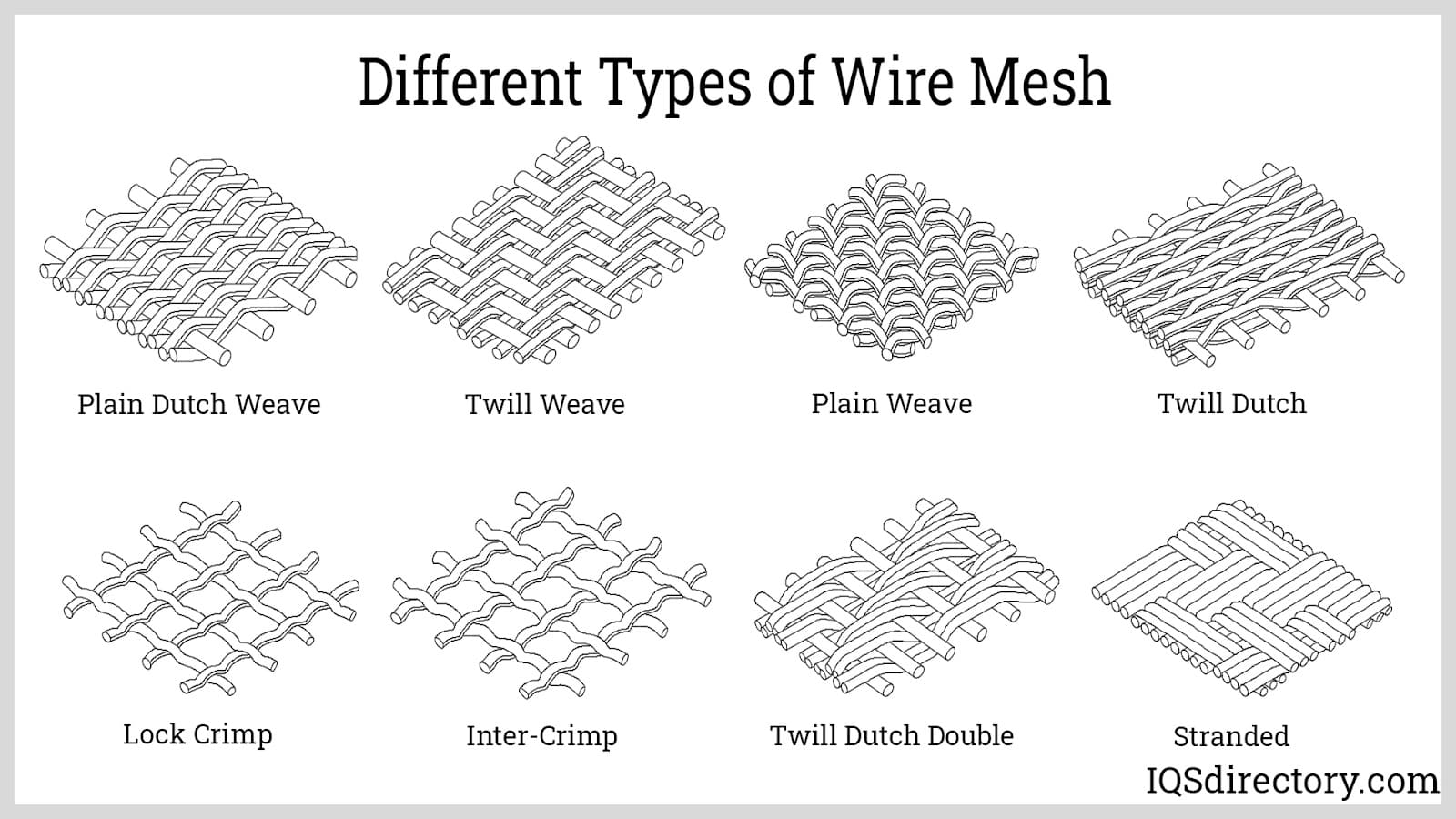
 Air Filters
Air Filters Liquid Filters
Liquid Filters Filtering Systems
Filtering Systems Castings & Forgings
Castings & Forgings Bulk Material Handling
Bulk Material Handling Electrical & Electronic Components
Electrical & Electronic Components Flow Instrumentation
Flow Instrumentation Hardware
Hardware Material Handling Equipment
Material Handling Equipment Metal Cutting Services
Metal Cutting Services Metal Forming Services
Metal Forming Services Metal Suppliers
Metal Suppliers Motion Control Products
Motion Control Products Plant & Facility Equipment
Plant & Facility Equipment Plant & Facility Supplies
Plant & Facility Supplies Plastic Molding Processes
Plastic Molding Processes Pumps & Valves
Pumps & Valves Recycling Equipment
Recycling Equipment Rubber Products & Services
Rubber Products & Services